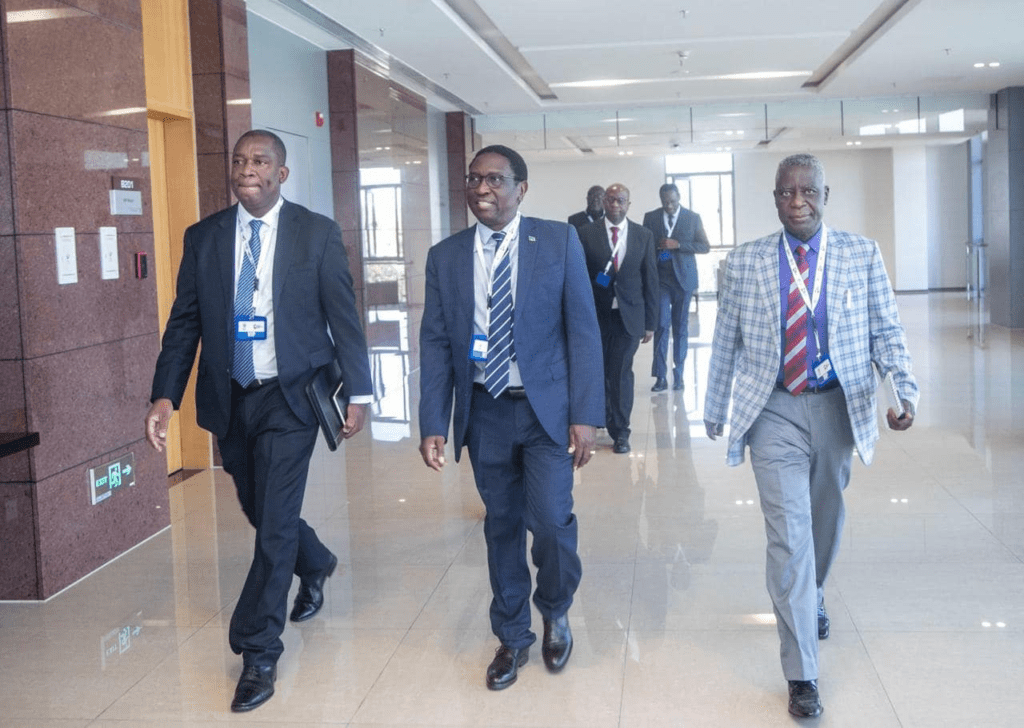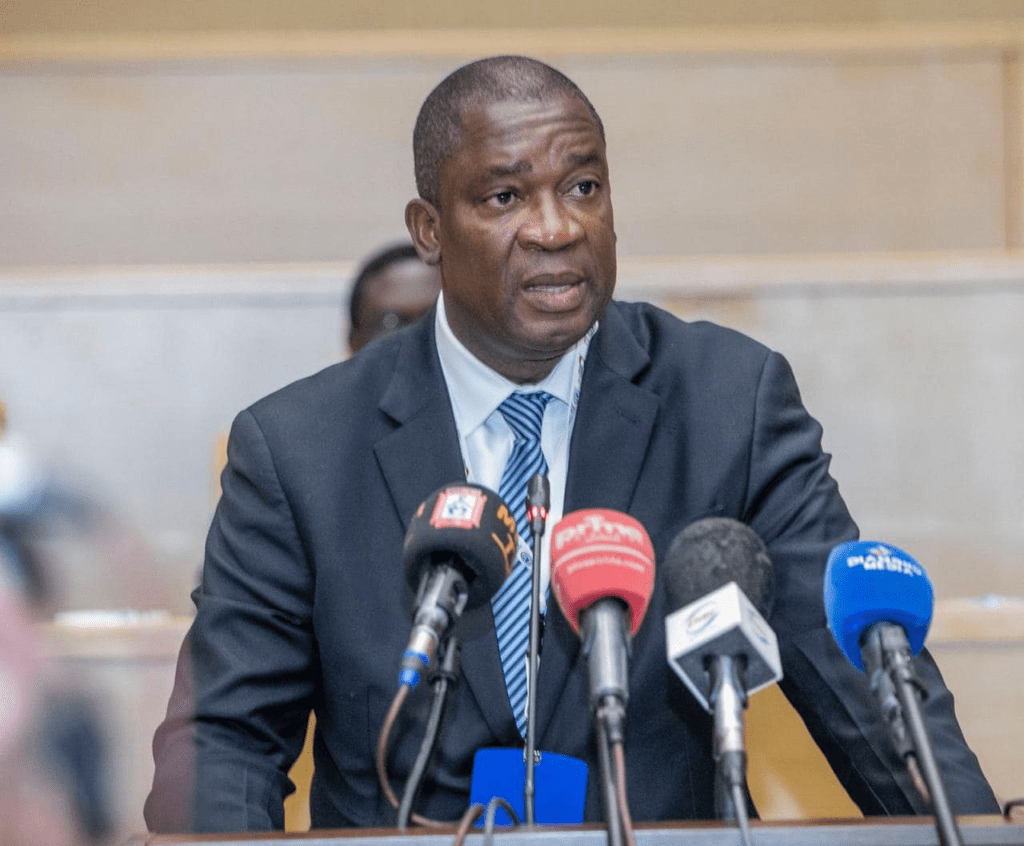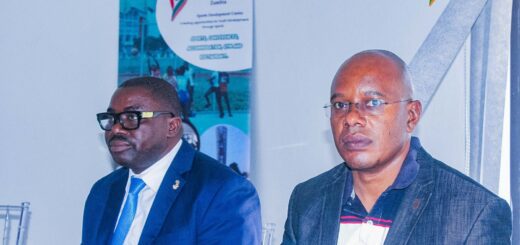ERB Holds Inaugural Energy Indaba
The energy sector remains a key enabler for productivity and industrial growth in Zambia’s economy.
However, the country continues to grapple with the impact of the El Nino drought which has had a significant impact on the energy sector among others.
Zambia heavily relies on hydroelectric power which accounts for about 85% of installed generation capacity, and the drought has greatly reduced water levels in reservoir dams, leading to a severe decrease in electricity generation.
According to Ministry of Energy, current available average generation as dictated by water availability in the reservoirs is about 900 Megawatts against the average demand of 2,400 Megawatts resulting in a power deficit of 750 megawatts as at May 2024.
As a result of the low water levels, implementation of 8 hours load shedding was affected on 11th March 2024, and a decision was later made to extend the daily hours of load shedding from 8 to 12 hours, staggered in periods of 6 hours each day, effective 20th May, 2024, to ensure that power supply is available until the end of the year.
Energy Experts say the severe energy crisis could worsen the country’s already fragile economy and lead to massive job losses.
Therefore, in a bid to find solutions to the country’s power crisis, Energy Regulation Board, (ERB) hosted an Energy Indaba on 21st June, 2024, in Lusaka, which brought together various industry players.
The Indaba which was held under the theme; Navigating the Energy Crisis:“Towards Sustainable Solutions for Zambia’s Future, was also acted as a catalyst to attracting investment in the energy sector.
And his keynote address, Energy Minister Peter Kapala highlighted some of the short- and long-term measures that Government has put in place to transform the energy sector, which include Power Imports, Restarting of the 105 Megawtts Ndola Energy Power Plant, approval of regulation on Net-Metering, and removal of tax for Solar equipment, among others.

Meanwhile, ERB Board Chairperson James Banda emphasized that the Indaba is aimed at finding solutions to the challenges affecting the country’s electricity sub-sector, as the 750 megawatts power deficit is likely to increase in view of reduced water flows for power generation.

And speaking in an interview on the sidelines of the Forum, Copperbelt Energy Corporation (CEC), Managing Director, Owen Silavwe disclosed that the Corporation is in the process of building 130 megawatts of solar power at a cost of US$110 million to help meet the electricity deficit especially in the mining sector.
On the hand, Energy Expert Boniface Zulu, tells Money FM News in an interview that there is need for the country to have Cost-reflective tariffs to make the energy sector more attractive to both local and foreign investors.
According to the United Nations, Zambia, Zimbabwe and Malawi are among the countries in Southern Africa most affected by the regional drought that began early this year.
There is need for policy-makers, industry players and other interest groups to explore business models that will leapfrog the potential of Zambia’s energy sector into a new realm of sustainable development.








